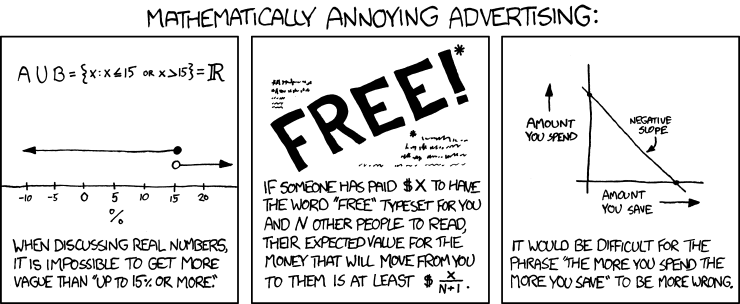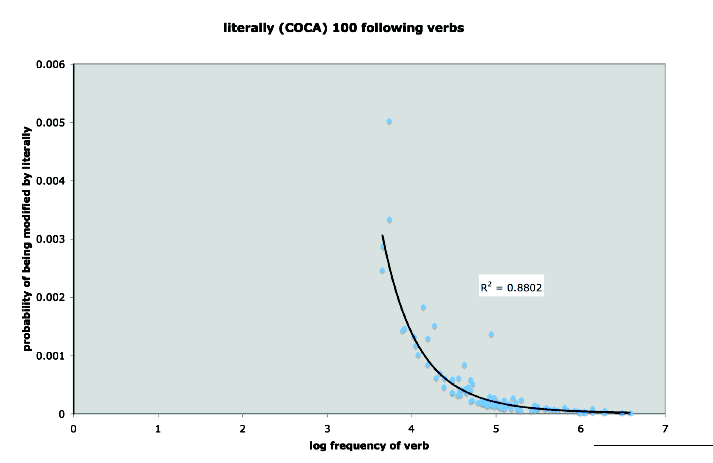Eastern Europe, northern suburbs, whatever
Doreen Carvajal, "Gems From 2008 Paris Theft Found in Drainpipe", NYT 3/9/2011:
More than two years after men dressed in wigs and scarves struck the Harry Winston jewelry store in Paris’s golden triangle of upscale shops, the police this week discovered a cache of sparkling diamonds from the theft in a far less glamorous place: a drainpipe in the northern suburbs of the city.
Two aspects of this story caught my eye — one a small inadvertent movie echo, and the other a more linguistically consequential question of accent identification.
Read the rest of this entry »



